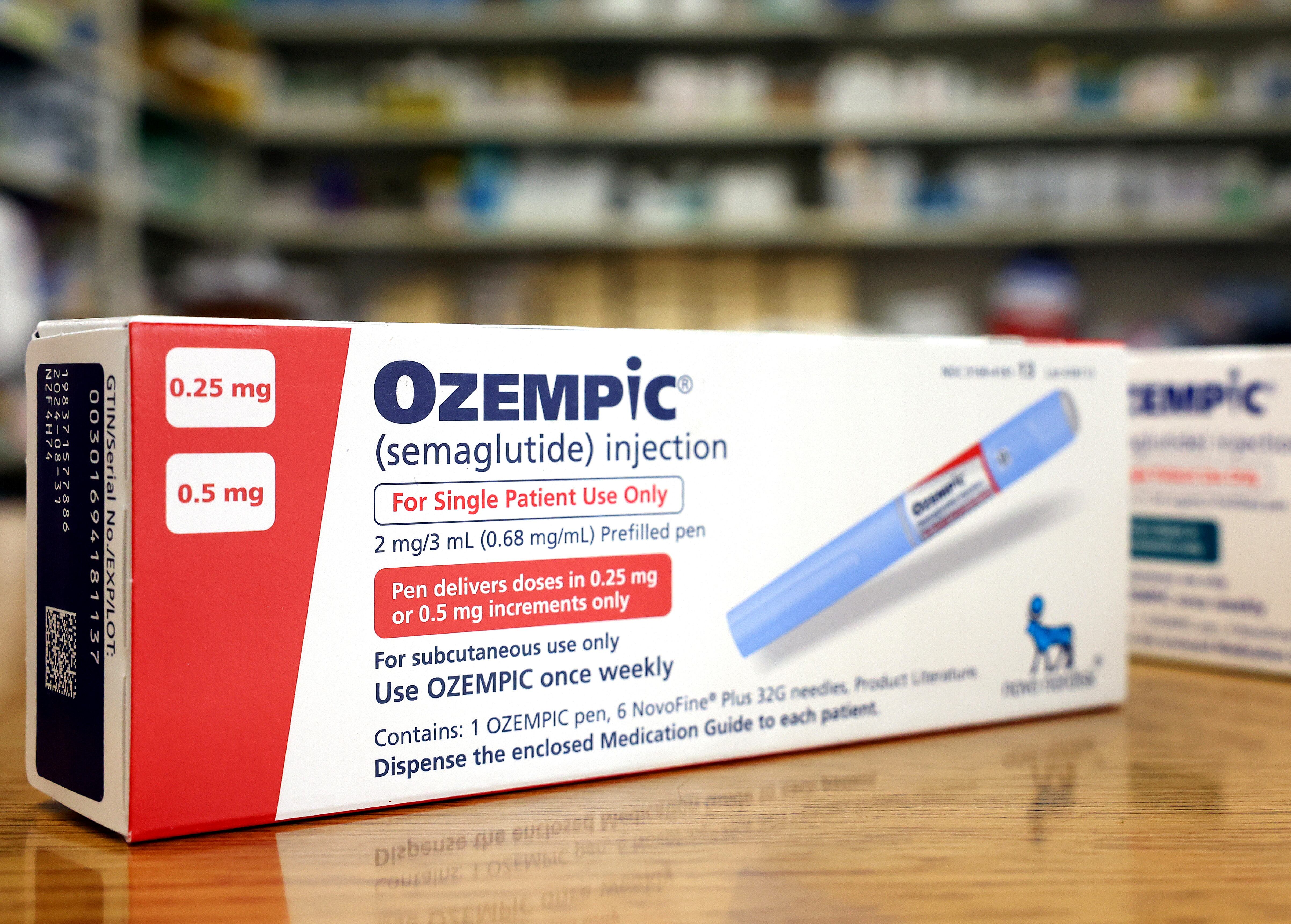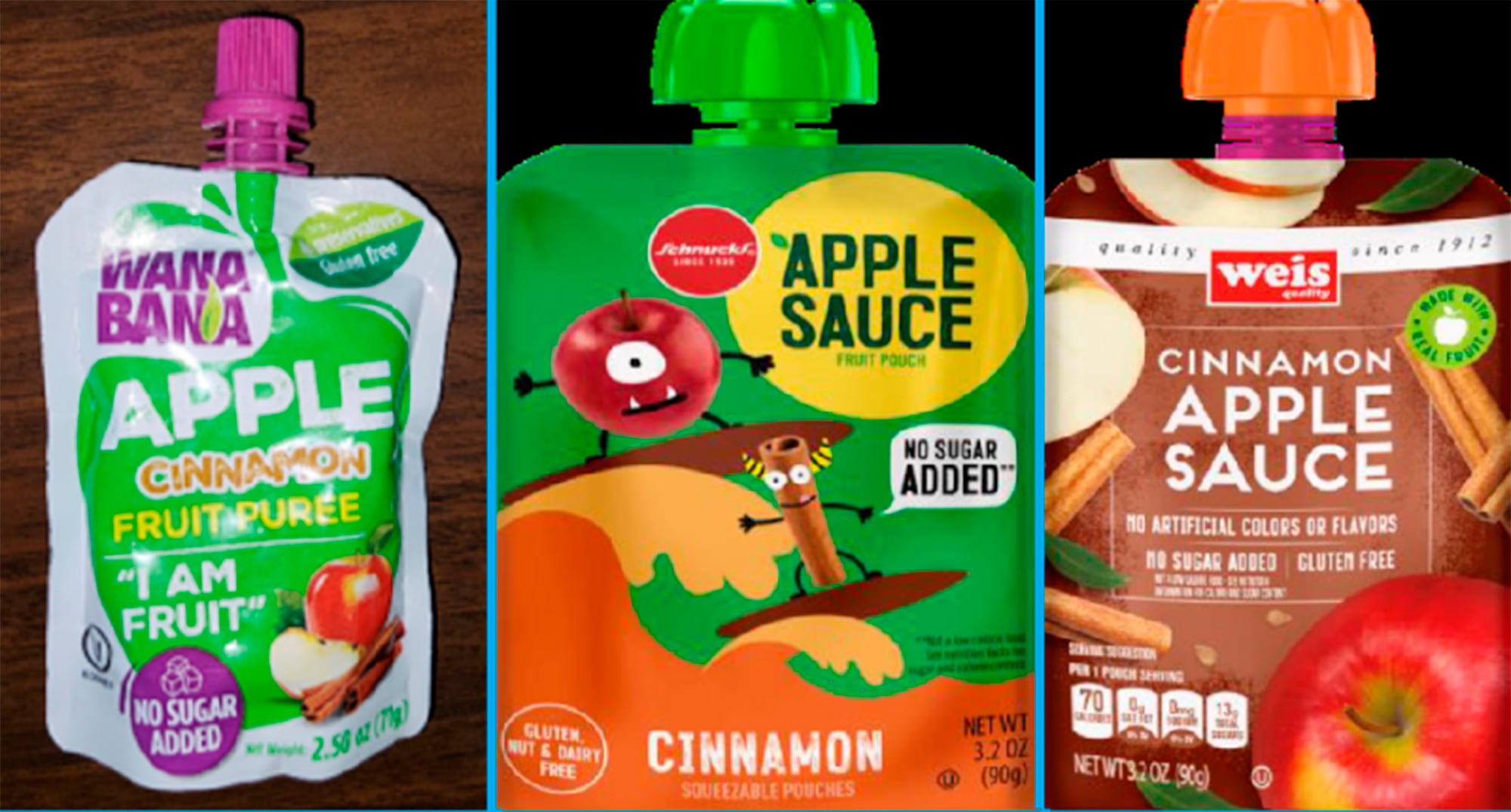More details are emerging out of East Palestine, Ohio with officials discovering three additional chemicals following the Norfolk Southern train derailment and controlled burn of hazardous materials.
The U.S. The Environmental Protection Agency reported that the substances called ethylene glycol monobutyl ether, ethylhexyl acrylate, and isobutylene were all found in train cars that derailed. The agency also described the chemicals as dangerous and toxic.
The update comes on the heels of the controversy stemming from the crash and subsequent fire. A West Virginia water utility company, which provides services to more than half a million people in 24 states, said it was taking steps to shore up protection for its water supply by enhancing its treatment process and installing a secondary intake in the Guyandotte River in case it needs to switch water sources.
"The health and safety of our customers is priority, and there are currently no drinking water advisories in place for customers," West Virginia American Water told the Associated Press.
There is growing concern that hazardous materials from the burn and crash will continue to impact air, soil, and water despite the Ohio EPA's reassurances.
"Surface water sampling results from February 4 show detections of pollutants associated with the Norfolk Southern derailment. We expect pollutants to degrade and dilute over time without additional negative impact to aquatic life," the agency said in a statement.
The state EPA had also conducted air quality tests on February 12 and stated that contaminants found did not rise to a level of concern.
The village of East Palestine has about 4,700 residents, with 2,000 forced to evacuate the area. The New York Times reported that some locals took to social media to say that wildlife was beginning to die off, to complain of headaches, and express feeling ill. Others took note of the overcast sky and said the sun was being blocked by a billowing plume of the chemical burnoff.












